
The Elevate Journal
- Leadership
- Nonprofit Support
- Accessibility
- Community Engagement
- Equity
- Data Collection
- Learning
- Internal Culture
- Collective Impact
- Storytelling
- Compassion
- Operations
- Systems Change
- Facilitation
- Impact
- Evaluation
- YPAR
- Fundraising
- Focus Groups
- Data
- Reflection
- Surveys
- Services
- Collaboration
- Strategy
- Stakeholders
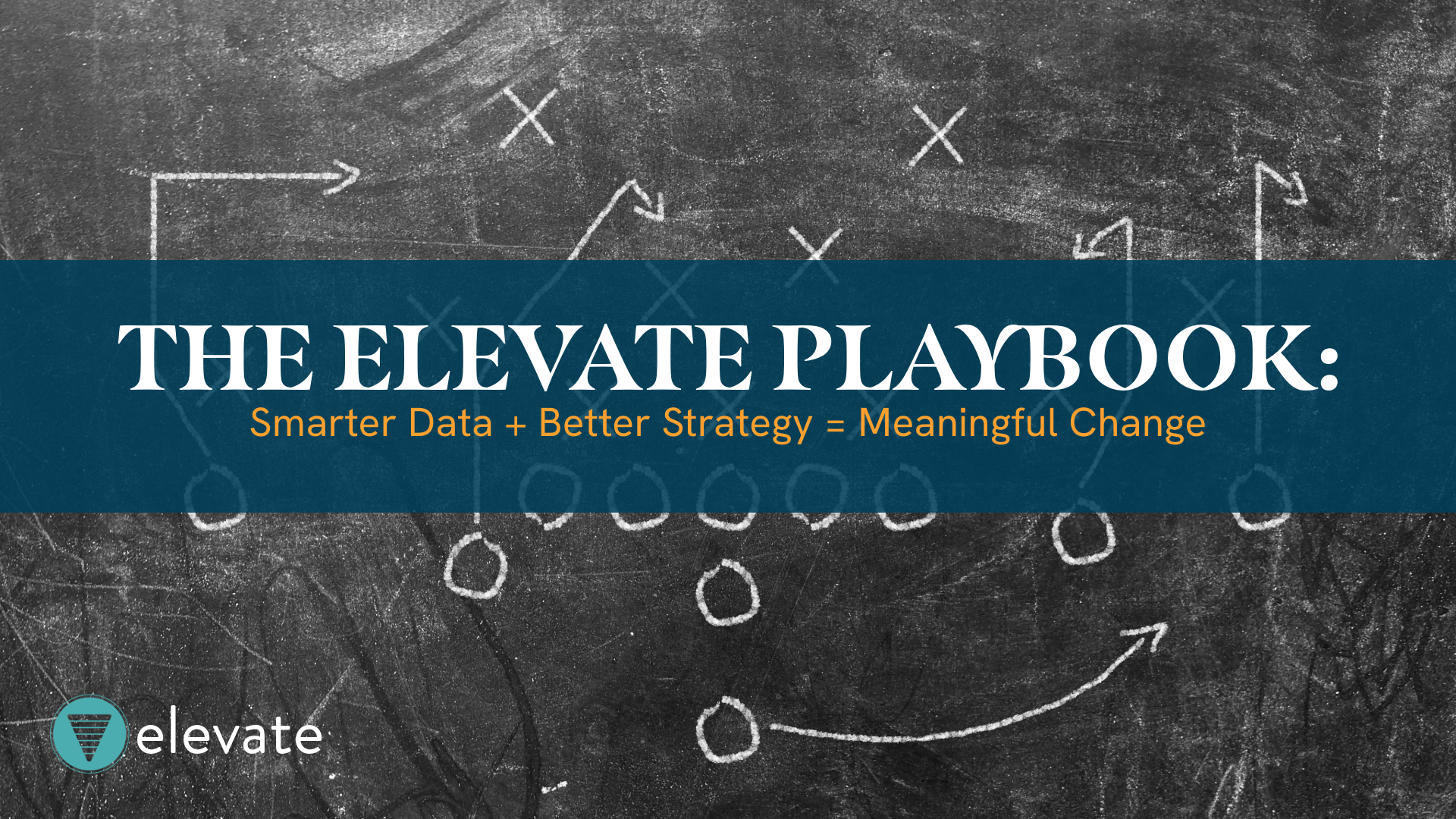
The Elevate Playbook: Smarter Data + Better Strategy = Meaningful Change
Over the past eight years, we’ve built and refined tools, frameworks, and approaches to support both, working with programs, organizations, and collaboratives to put them into action. We want to share what we’ve learned with you.
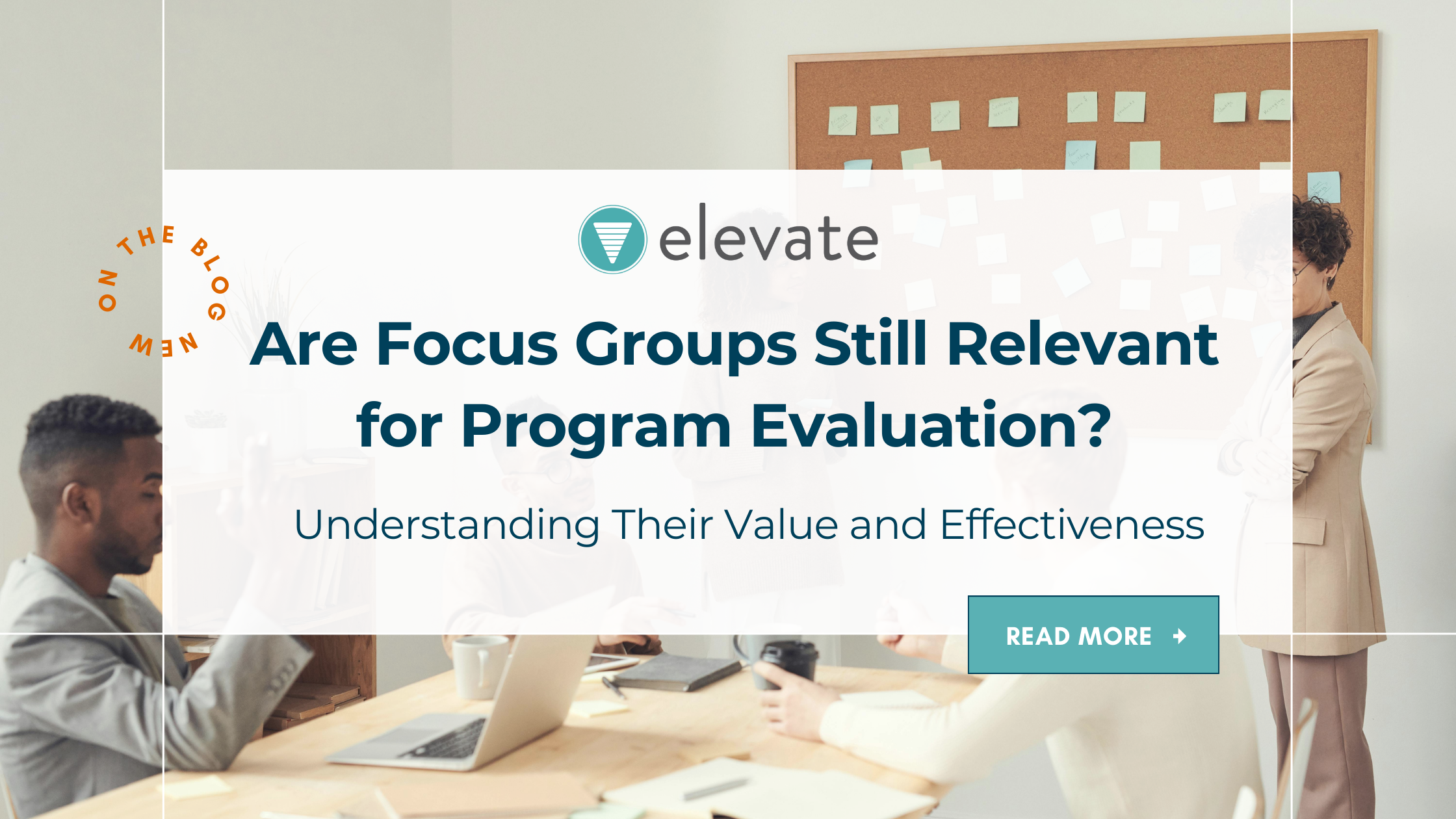
Are Focus Groups Still Relevant in Program Evaluation? Understanding Their Value and Effectiveness
In the ever-evolving landscape of program evaluation, focus groups have long been a staple for gathering qualitative insights. As we navigate a world filled with digital distractions and shifting preferences, the question arises: Are focus groups still an effective tool for program evaluation? Let’s explore what focus groups are, when they should be used in program evaluation, and their current effectiveness.
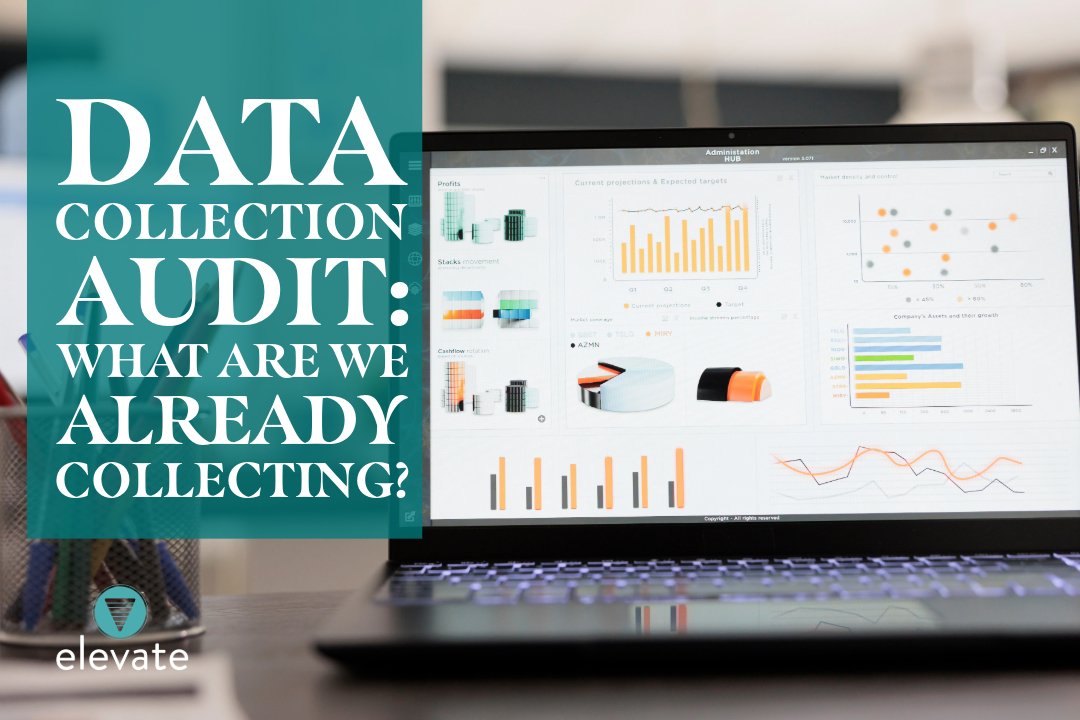
Data collection audit: What are we already collecting?
You might be surprised at what great sources of data you already have! Whether data collection is being implemented formally or informally, odds are you are paying attention to the impact of your work as well as trends in the work more broadly.
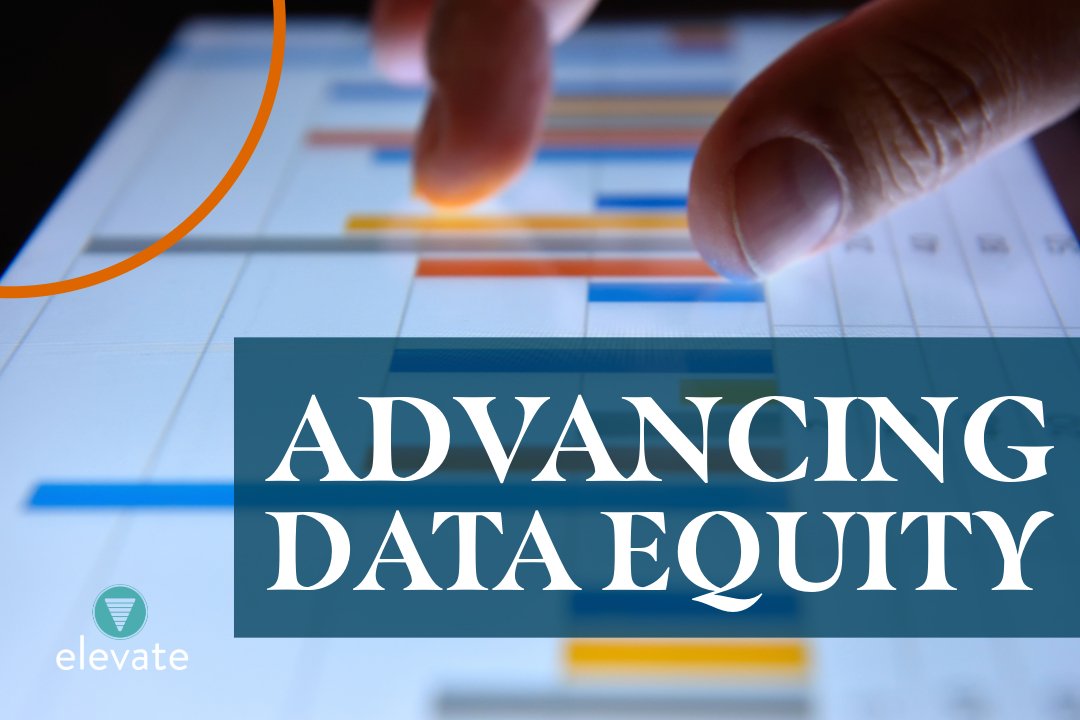
Advancing data equity
A key concept we try to infuse into our evaluation work and encourage our clients to consider is the concept of data equity, which highlights the need for fair and equitable access to and use of data in evaluation processes.
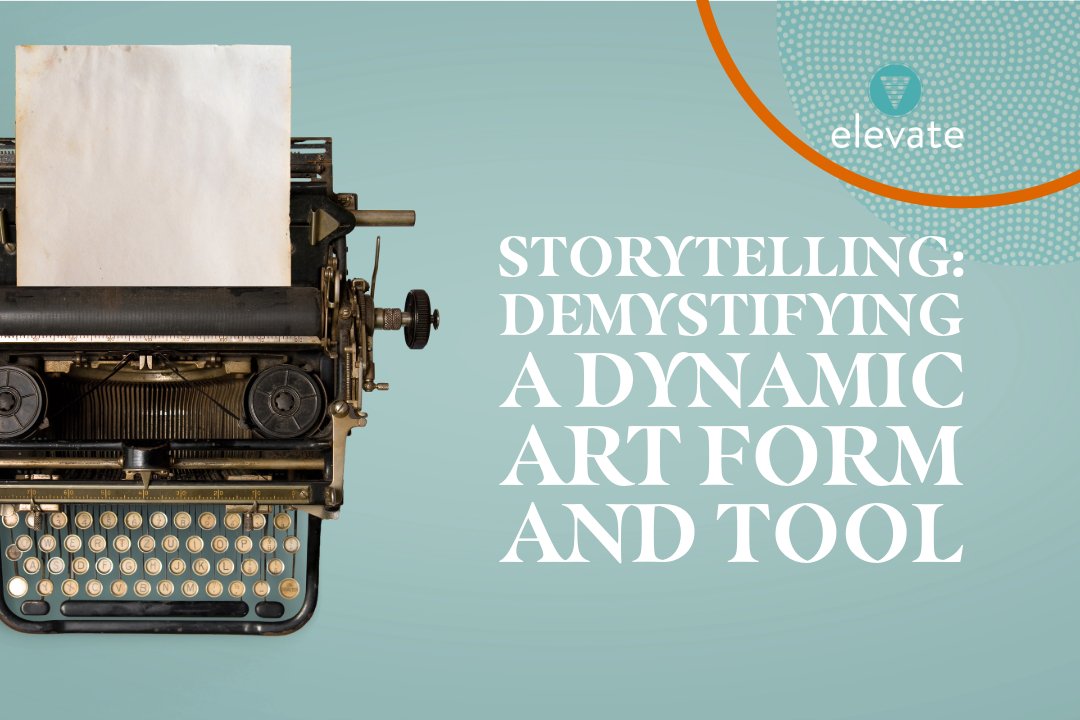
Storytelling: Demystifying a Dynamic Art Form and Tool
Storytelling is a dynamic art form and tool that we engage with across the service areas of our clients, transcending a singular form of use. In both its art form and tool use, the presence of storytelling invites Elevate staff into the operationalization of our mission and values as we partner with our clients in their impactful work.
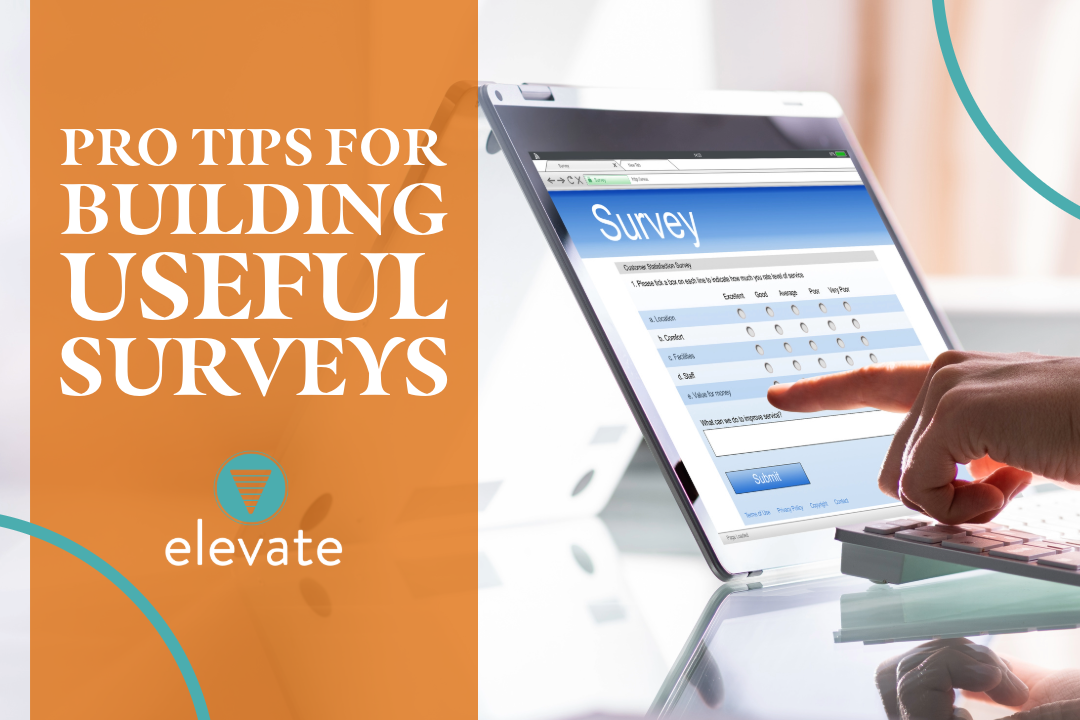
Elevate Pro Tips for Building Useful Surveys
Surveys are one of the most common data collection tools we encounter at Elevate, and for good reason! Surveys can be a helpful and relatively inexpensive way to gather quantitative (and sometimes qualitative) data from respondents about their attributes, perceptions, knowledge, attitudes, and behaviors. Surveys, when poorly designed, can also generate data that is not useful or usable. Here are some of our recommendations for designing quality surveys.
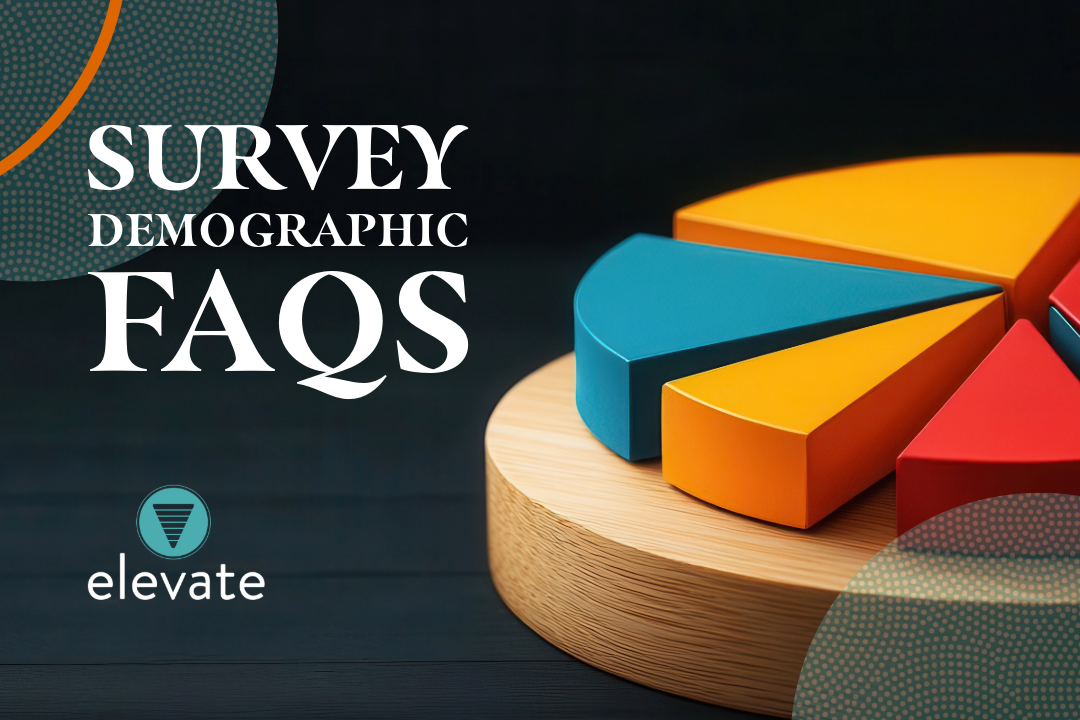
Survey Demographic FAQs
When designing survey tools with our clients, we often receive many questions surrounding the demographic portion of the questionnaire. Demographic questions can be tricky for a number of reasons, and there is no real consensus around best practices. In this post, we will share Elevate’s answers to some demographic FAQs that are backed by literature and our own experience in consulting.
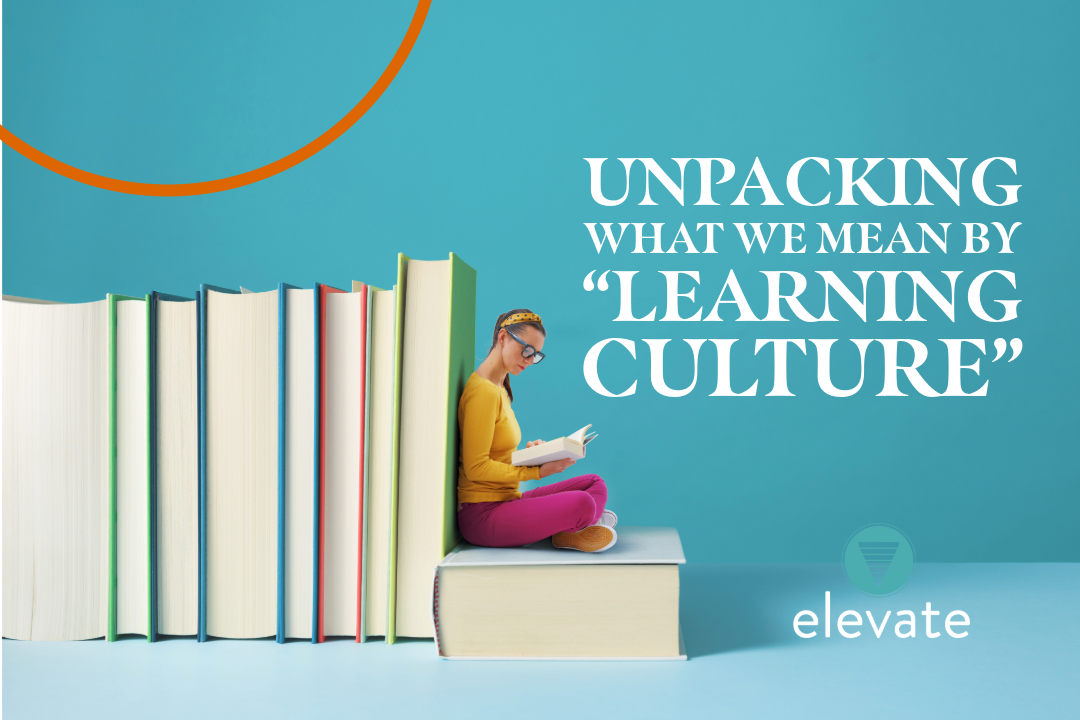
Unpacking What We Mean by “Learning Culture”
You have likely heard or read about the idea of a learning culture. If you heard about it from us, you may have seen the stars in our eyes as we talked about our earnest belief that shifting organizational cultures to center learning can transform the nonprofit landscape, leading to more engaged and fulfilled staff, stronger relationships across agencies, and ultimately, better outcomes for clients.
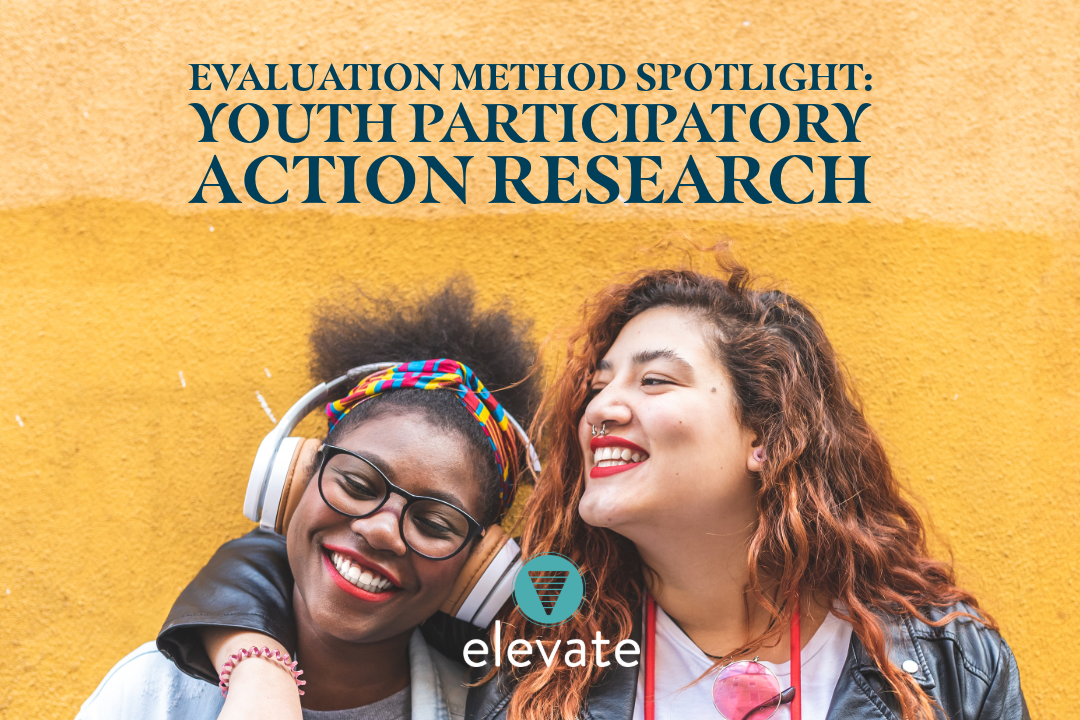
Evaluation Method Spotlight: Youth Participatory Action Research
At Elevate, we strongly believe that evaluation and research must go beyond the numbers to tell the stories of people and communities. As such, we believe in the value of qualitative and community-based, participatory methods and approaches, including participatory action research (PAR). Specifically, we recently had the privilege to support Nashville’s Opportunity Youth Collaborative (OYC) in conducting a youth participatory action research (YPAR) project with its Youth Leadership Team to inform the strategy of the OYC.
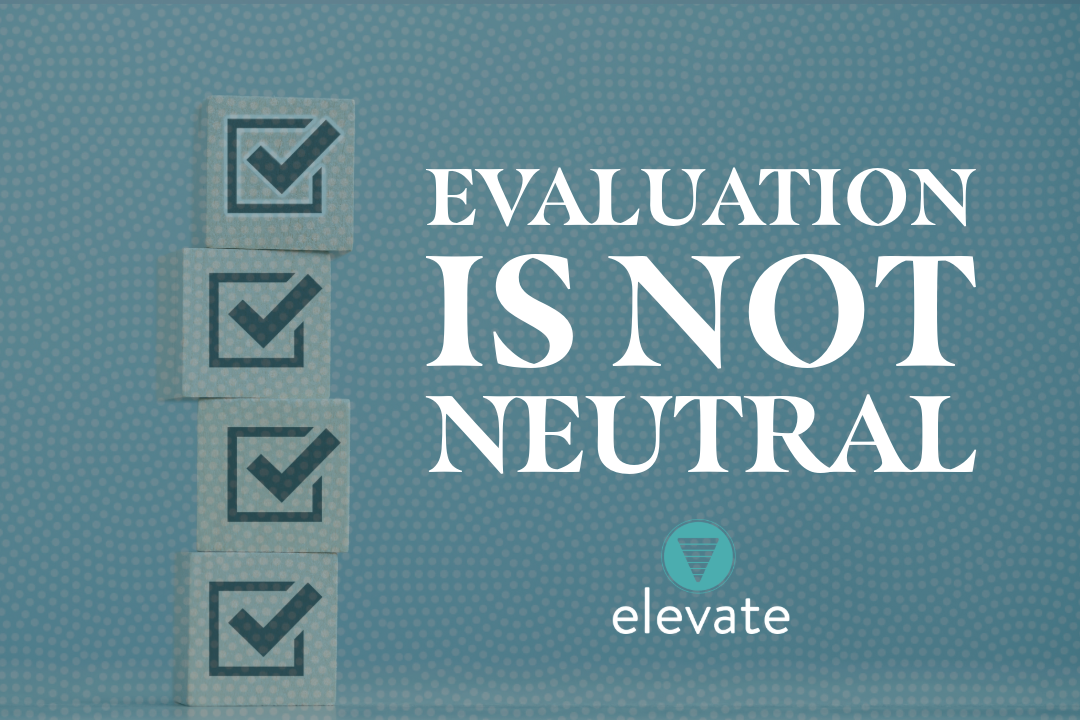
Evaluation is Not Neutral
Over the past few weeks, we have been turning our methods inward to critically examine how we do our work, as well as listening to each other and investigating our experiences, assumptions, and approaches related to equity and oppression. Together we are rebuilding “the Elevate way” based on clearer articulations of why and how our work advances equity.
